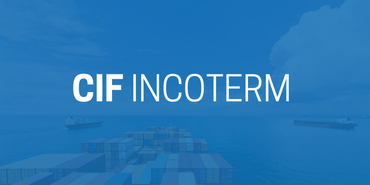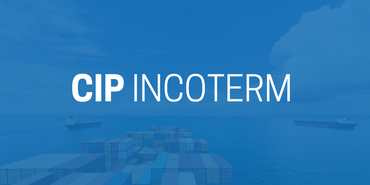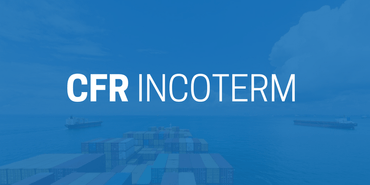
Definition of the DPU Incoterm (Delivered at Place Unloaded)
Incoterms
Updated on 20 Feb 2026
3 min read
GET STARTED HERE
What do you need a quote for?

Importing/Exporting Commercial Cargo
For business shipping commercial cargo or for freight forwarders.

International Relocations/Movings
For individuals relocating to a new country or for relocation businesses.

Sending Parcels & Couriers
For businesses or individuals looking to ship small parcels or documents by air.
The DPU rule was introduced in Incoterms 2020, replacing DAT. It requires the seller to deliver and unload the goods at the named place of destination, after which risk transfers to the buyer. DPU can be used with any mode of transport. (ICC Academy)
Seller’s Main Obligations (DPU)
- Export formalities in the country of origin.
- Carriage to the named place (port, terminal, warehouse, job site, etc.).
- Unloading from the arriving vehicle at that place.
- Provision of the commercial invoice, packing list, and transport document (B/L or AWB).
- Notification to buyer once goods are placed at the buyer’s disposal, unloaded.
Key point: DPU is the only Incoterm where the seller must pay for unloading. (ICC Academy)
Buyer’s Main Obligations (DPU)
- Payment for the goods as per the sales contract.
- Import customs clearance, duties, VAT, and any local taxes.
- On‑carriage from the unloading point to the final destination.
- Insurance for the buyer‑controlled leg (optional but advisable).
Insurance under DPU
Incoterms do not oblige either party to purchase cargo insurance.
Typical practice:
- Seller insures the movement up to the unloading point (to protect its risk until delivery).
- Buyer insures the onward journey and import leg.
Clear insurance clauses in the sales contract help avoid coverage gaps.(International Trade Administration)
DPU vs. Related Terms
| Rule | Who Unloads? | Who Clears Import? | Typical Use‑Case |
|---|---|---|---|
| DPU | Seller | Buyer | Large projects where seller controls handling at site |
| DAP | Buyer | Buyer | General cargo where buyer handles unloading |
| DDP | Seller | Seller | Door‑to‑door service, seller assumes all costs & formalities |
DPU is often chosen when the buyer lacks equipment or expertise to unload safely.
When Does DPU Make Sense?
- Construction or energy projects where cranes/forklifts are arranged by the seller.
- Remote sites with limited buyer infrastructure.
- Buyer wants single price but will manage import clearance independently.
Common Pitfalls and How to Avoid Them
| Pitfall | Why it Happens | Mitigation |
|---|---|---|
| Unloading delays & extra charges | Site not ready, wrong equipment | Specify unloading gear, time slot, and penalty clauses. |
| Damage during unloading | Poor coordination or unsuitable equipment | Agree on SOPs, insurance coverage, and qualified operators. |
| Ambiguous place of delivery | “Job site” too vague | State GPS coordinates or exact warehouse bay in the contract. |
| Insurance gaps | Each party assumes the other has coverage | Clarify policy holder and coverage window in writing. |
Required Documents at a Glance
- Commercial Invoice & Packing List
- Bill of Lading / Air Waybill marked “DPU, [Named Place], Incoterms 2020”
- Export customs declaration
- Any certificates (origin, conformity) demanded by the buyer’s market
Key Takeaways
- Seller shoulders more risk and cost than under DAP because unloading is included.
- Risk passes only after unloading, so sellers should verify site access, equipment, and safety.
- Clear contract wording—especially the exact delivery point and unloading responsibilities—prevents disputes.
Related Articles


